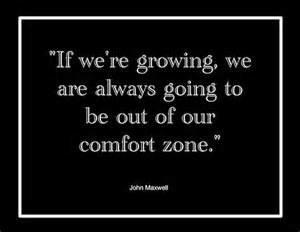Every day, I hear air talent trying to do Content that’s good, but the delivery is too hurried. Or jocks will try to cram too much into a song intro, and while it does fit the time frame, it doesn’t sound real or engaging because the inflection is lost. It’s not just in music radio, though. It happens in all formats, including Talk and Sports.
Obviously, bad training (or lack of training) can cause this, but there’s more to it than that.
Here’s one of the most overlooked factors:
Everyone has an internal clock. And often, your internal clock lies to you.
You can see this outside the radio world with a simple experiment: walk up to someone, put a microphone in front of him, and tell him that he has 30 seconds to speak. Some people will take their time, sounding very real and relaxed – but talk for 50 or 60 seconds; nowhere close to 30. Other people will rush as fast as they can, and even though they have 30 seconds, they’ll race to match their internal clock, then stop after 15 or 20, gasping for air.
Great voice actors learn what real time is, rather than perceived time. Tell my friend Beau Weaver, for instance, that you need a piece of copy to be read in 26 seconds, and he’ll nail it almost every time in the first take. But unless you’ve developed that uncanny timing that a great voice actor has, you’re going to have to work on it.
The cure is a simple one: rehearse. And rehearse OUT LOUD, because it always takes longer when you enunciate clearly and inflect words audibly instead of silently.
Start with real-life Content first (books, articles, etc.) and try to stop after 10 seconds, then 30, then 60. Then take that to what you do on the air. In a short time, the difference will be dramatic, and you’ll have more “command presence” as a result.
Plus, as with many things I coach, it’s like life after sex. Once you’ve done it, you can never go back to the perspective you had before it.





